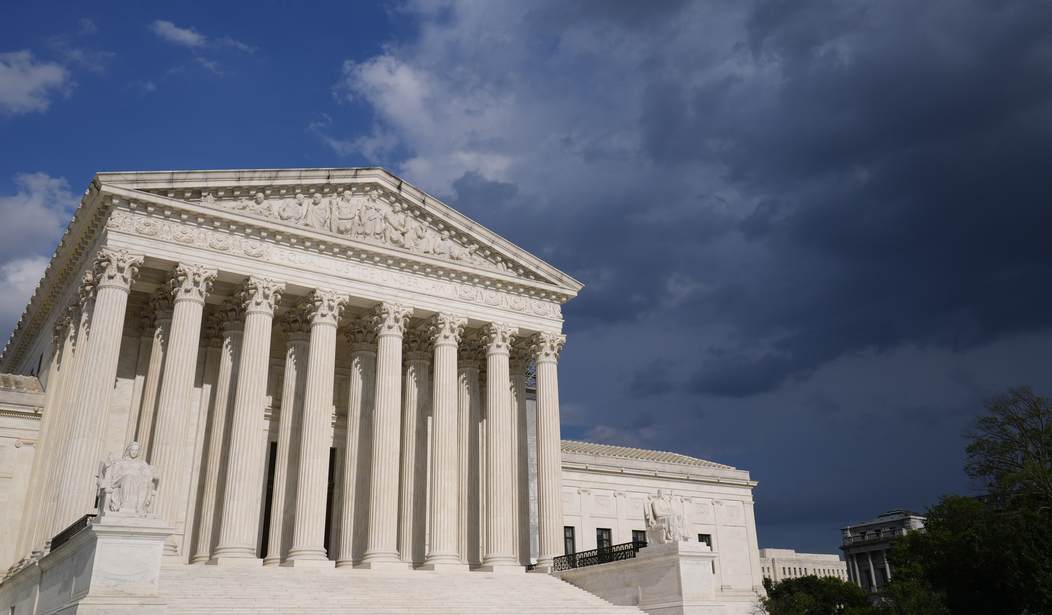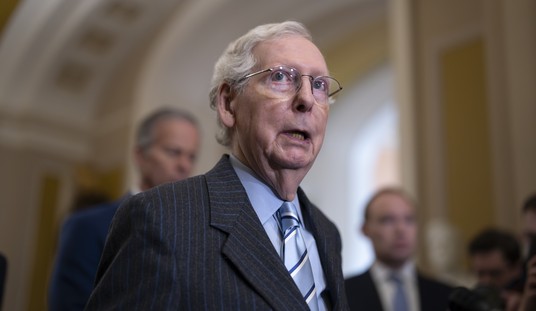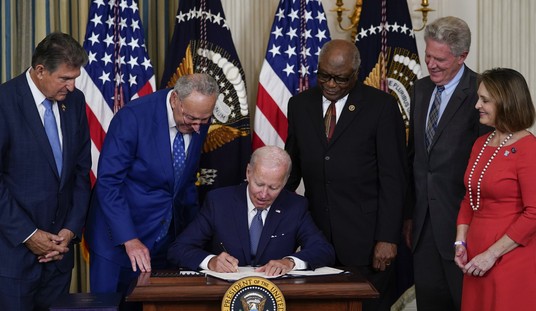For the first time, the U.S. Supreme Court is set to consider restrictions on so-called "transgender care" for gender dysphoric minors.
SCOTUS is scheduled to hear oral arguments on Wednesday in a major case weighing a state ban on the medical mutilation and chemical castration of "transgender"-identifying children.
The case, United States v. Skrmetti, centers on a Tennessee law that prohibits pediatric "gender-transitioning treatments," such as puberty blockers and hormone replacement. Specifically, the legislation (Tennessee SB1) penalizes healthcare providers in the state who continue to perform such procedures on adolescents, subjecting violators to fines, lawsuits, and other forms of legal liability.
Now, the critical question before the highest court in the land is whether the state law violates the Equal Protection Clause of the Fourteenth Amendment, as the petitioners are arguing. The state of Tennessee says the law does not discriminate on the basis of gender; rather, it simply sets parameters around age- and use-based regulations.
The case is brought by the American Civil Liberties Union (ACLU), which sued to overturn the Tennessee law on behalf of the parents of three "transgender" teenagers, and a Memphis-based doctor who "treats" patients of the like. Earlier this year, the Biden administration joined the side of the petitioners under a federal law that allows federal intervention in certain cases certified by the attorney general to be of "general public importance."
U.S. Solicitor General Elizabeth Prelogar and ACLU lawyer Chase Strangio will represent the petitioners.
In a court filing submitted ahead of oral arguments, Prelogar's office argued that the Tennessee law deliberately focuses on "sex and gender conformity," citing a portion of the bill that "declares that its very purpose is to 'encourag[e] minors to appreciate their sex' and to ban treatments 'that might encourage minors to become disdainful of their sex.' Tenn. Code § 68-33-101(m)."
Recommended
"That," the federal government wrote, "is sex discrimination."
Thus, the petitioners posit, SB1 imposes "differential treatment based on the sex an individual is assigned at birth."
Strangio, the deputy "transgender justice" director for the ACLU's LGBTQ and HIV Project, will be the first openly transgender-identifying person to argue before the Supreme Court.
This is the transgender lawyer from the ACLU who will argue before the Supreme Court that underage children should be allowed to undergo life-altering surgeries (castration, chest binders, horomones etc.).
— Curtis Houck (@CurtisHouck) December 3, 2024
This "person" argues even two year olds know they should be trans. pic.twitter.com/HH5ne4EXiI
Tennessee passed Senate Bill 1 in March 2023. It's just one of many U.S. states that have enacted similar measures to protect the health and welfare of children.
In an ACLU press release, Strangio said such bans represent "a dangerous and discriminatory affront to the well-being of transgender youth across the country and their Constitutional right to equal protection under the law."
"They are the result of an openly political effort to wage war on a marginalized group and our most fundamental freedoms," Strangio said.
Between 2019 and 2023, there were at least 13,994 minors in the U.S. who underwent some sort of "sex-change" medical intervention, including 5,700 subjected to surgeries, according to healthcare watchdog Do No Harm's database that compiled figures from insurance claims.
SB1 notes that these procedures can cause a minor to become irreversibly sterile, incur increased risk of disease, and suffer from "adverse and sometimes fatal psychological consequences."
"Moreover, the legislature finds it likely that not all harmful effects associated with these types of medical procedures when performed on a minor are yet fully known, as many of these procedures, when performed on a minor for such purposes, are experimental in nature and not supported by high-quality, long-term medical studies."
The state legislature also found that minors lack the maturity to "fully understand and appreciate the life-altering consequences of such procedures" and that many patients expressed regret later on.
























Join the conversation as a VIP Member